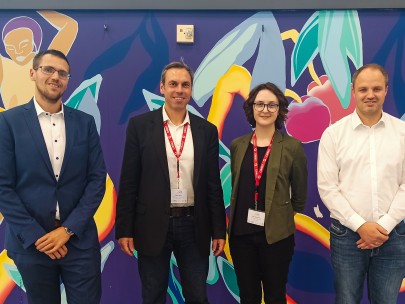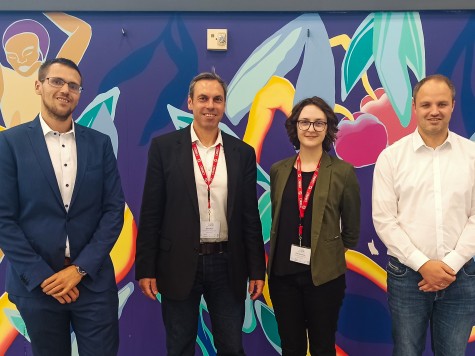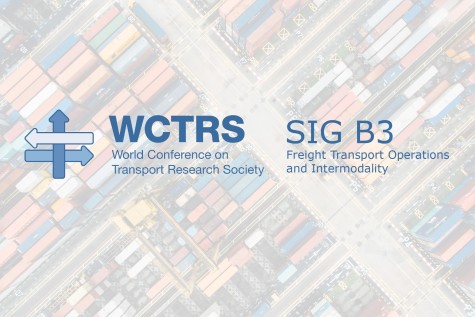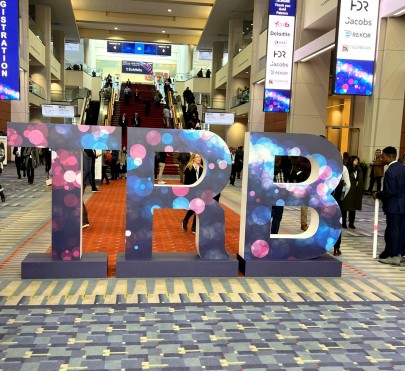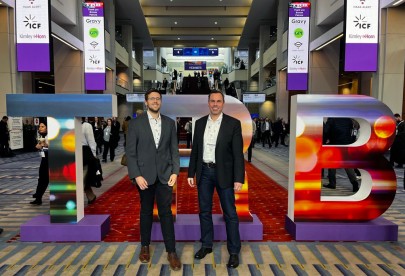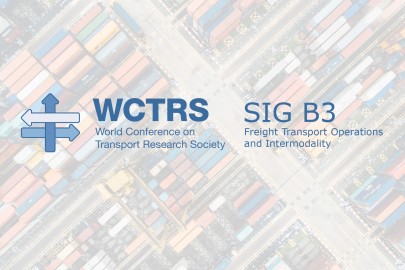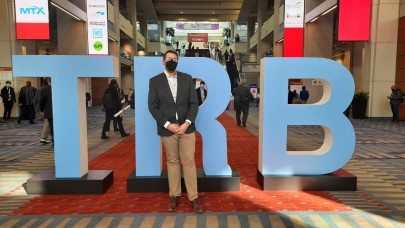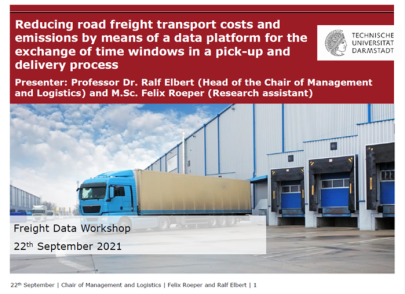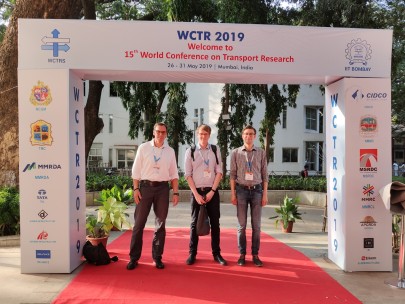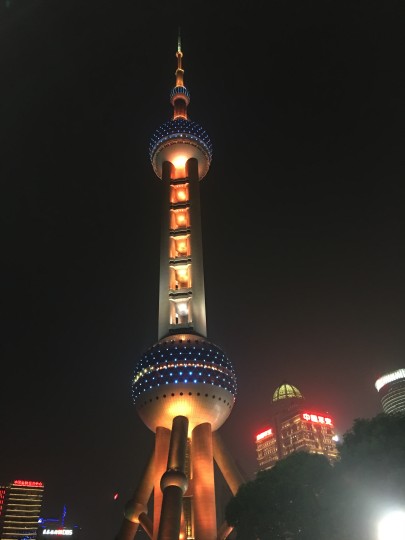Welcome to SIG B3: Freight Transport Operations and Intermodality
The World Conference on Transport Research Society (WCTRS) provides a forum for interchange of ideas among transport researchers, managers, policy makers, and educators from all over the world, from a multi-modal, multi-disciplinary, and multi-sectoral perspective.
Within WCTRS, as part of Topic Area B, which includes freight carried by all modes of transport, Special Interest Group B3 focuses on connecting logistics and freight transport operations and intermodality.
The principal objectives are:
- Providing a platform for researchers, managers, and policymakers to exchange ideas, theories, and methods in the field of freight transport operations and intermodality
- Organizing and coordinating sessions on freight transport operations and intermodality at the WCTR conferences
- Contributing to research activities in the field of freight transport operations and intermodality
- Fostering cooperation with various research organizations
We are active on Social Media, so get in touch with us now via LinkedIn!


What do we need to bridge international transport corridors and make them resilient when disruptions inevitably happen?
We need data – high-quality, accessible, and shared data.
On 6 November 2025, WCTRS SIG B3 hosted their second online seminar, which explored how multimodal transport chains can become smarter and more resilient through better data availability. A recurring theme emerged: the varying levels of readiness among players to share their data. As Dr. Ralf Bammerlin from the German Federal Department of Transport aptly put it: We need data protection, but if we never share data, we cannot make data accessible and foster progress.
From the U.S., Dr. Thomas Koch from Massachusetts Institute of Technology presented the FLOW Project: an initiative to optimize supply chains through improved data use in logistics. Initially focused on containerized import freight, it demonstrates the potential when diverse actors collaborate and share data on a common platform.
Looking ahead, Prof. Lori Tavasszy offered a glimpse into the future: a landscape filled with digital platforms and new services designed to meet the ever-growing demand in freight transport. To make this vision work, we’ll need to adapt how we operate — and how we trust. We’ll need an anchor (perhaps the Physical Internet?), we’ll need to turn visions into operational plans, and we’ll need clear governance to build an efficient and resilient logistics architecture.





